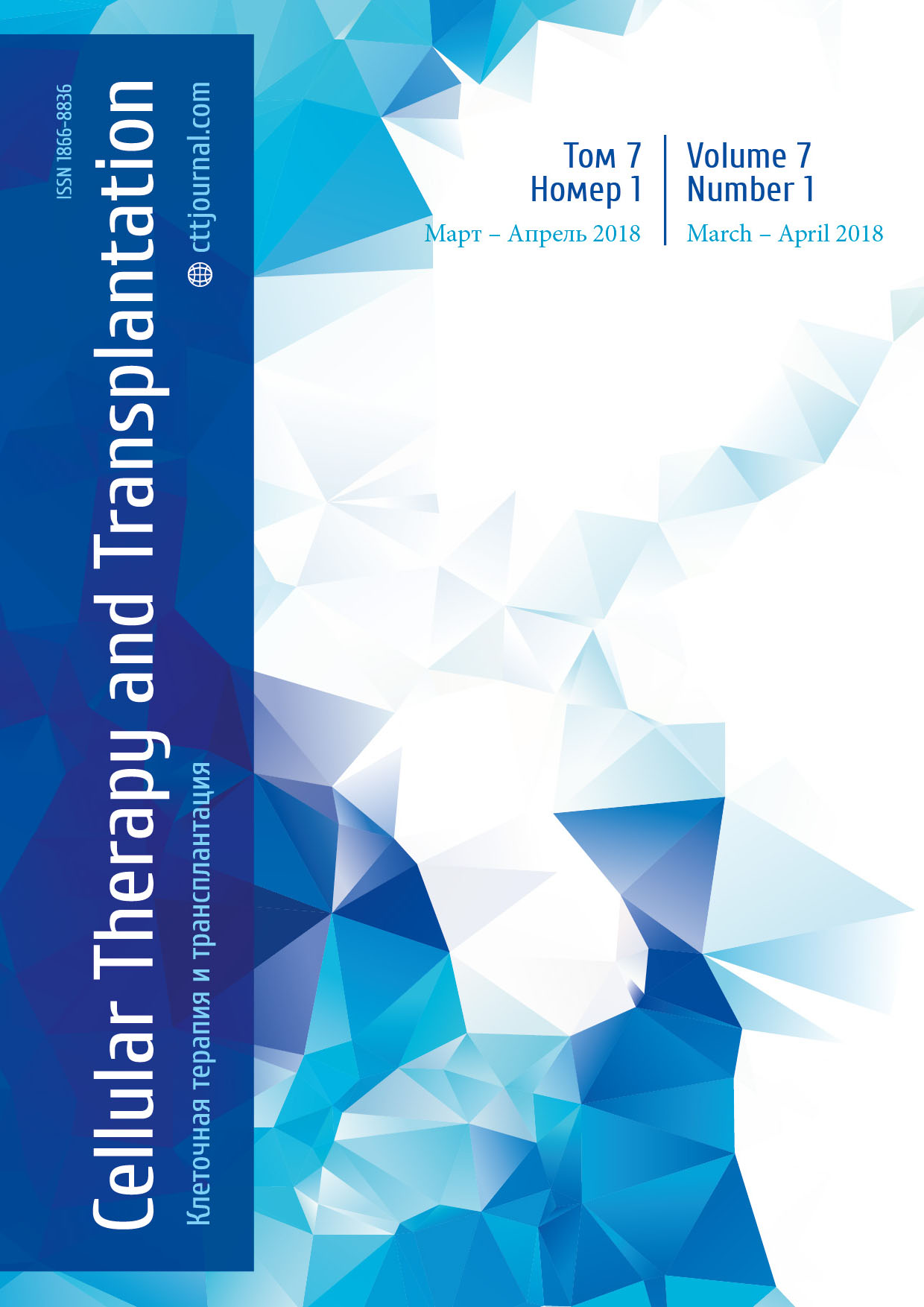Editorial article
Summary
Dear CTT authors and readers,
Immunotherapy is known to be a crucial component of systemic anticancer therapy, along with radiation and chemotherapy. It seems to be an effective means to eradicate residual tumor cells that escape conventional cytoreductive chemotherapy. Allogeneic hematopoietic stem cell transplantation (allo-HSCT) is a kind of adoptive immune therapy applied at increasing rates for treatment of different systemic and solid malignancies.
However, despite relative efficiency of allo-HSCT, the malignant cell resistance remains the critical issue even after this intervention. Therefore, immune therapy could be performed both before and after HSCT. A substantial number of novel treatments has emerged recently which provide a “bridge” for subsequent allo-HSCT, e.g., monoclonal antibodies against CD20 or CD30 antigens, including conjugates with cytotoxic agents. The other group includes bispecific monoclonal antibodies, like recently registered CD3/CD19 blinatumomab, which induce T cell response to the blast cells of B lineage.
Furthermore, the most promising group of novel drugs is checkpoint inhibitors, for example, anti-PD1 antibodies. Growing clinical and experimental data indicate that this group of drugs might have a role as monotherapy or in combination with other interventions in a broad spectrum of refractory malignancies. Higher efficiency of the PD-1 inhibitorsmay be achieved by optimal combining cytostatic chemotherapy and immunomodulatory drugs, e.g., lenalidomide and other agents. Their current application as monotherapy, like in Hodgkin’s disease, is not associated with high proportion of cured patients, although the initial clinical response rate is rather high. These aspects of checkpoint inhibitors make them one of the most promising “bridging” therapies, but the optimal drug dosing as well as proper timing of subsequent allo-HSCT are still to be elucidated.
The research in the field of optimal combination of novel immunotherapeutic agents and well-known approaches, including chemotherapy and stem cell transplantation, is among current priorities, both in the fundamental and clinical settings. There is definitely a large number of patients, including those with HIV infection, who will benefit from these upcoming studies.
We would be happy if our English- and Russian-speaking readers will be able to submit their original or review articles to the Cellular Therapy and Transplantation Journal. Publication in English (with extended Russian abstracts) of the data obtained by young specialists will help them to adapt for Western publication standards and to gain further experience in the research paper submission.


